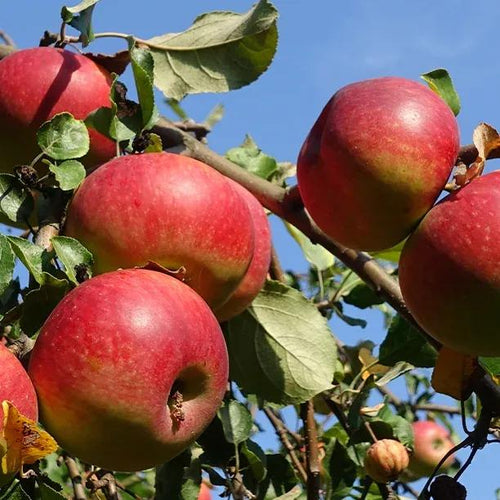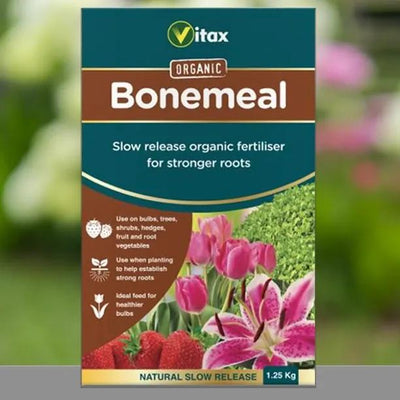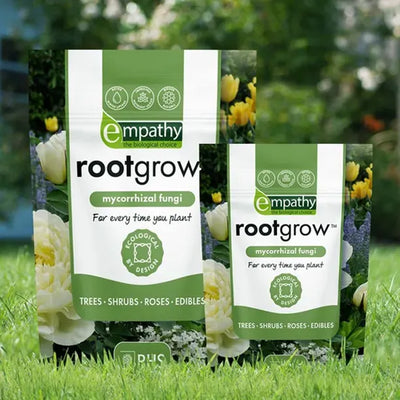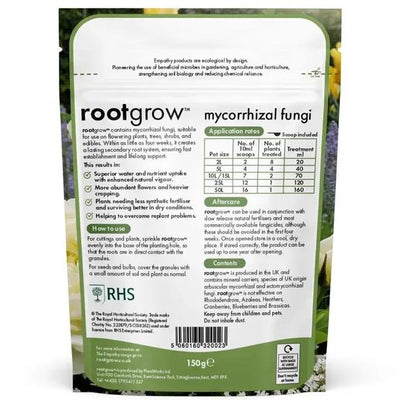
 Delivered across the UK
Delivered across the UK Which Best Plant Supplier 2025
Which Best Plant Supplier 2025 1 Year Bareroot Plant Guarantee
1 Year Bareroot Plant Guarantee
About Norfolk Beefing Apple Trees
Norfolk Beefing Apple Trees
A big, strong apple variety hailing from the East of the country, the Norfolk Beefing is at essence a cooking apple with high acidity or a very sharp and tart eating apple! The tree itself is vigorous and large and boasts the most tremendous, beautiful dark pink and white blossom in mid-May. This turns into yellow-green apples overlaid with a deep purply-red flush with no russeting and of fantastic size. The fruits are very firm, juicy and coarse textured with greenish coloured flesh. With scab and mildew resistance, this tree is also reliable and low-maintenance.
Browse our full range of apple trees for sale or see the full variety of fruit trees available online.
Growing Guide
As a cooker, this apple makes wonderful tarte tatin because it holds its shape when cooked as opposed to a Bramley whose flesh dissolves into a fluffy purée. For keen cooks, it's certainly worth having both types in your garden if you can. Including Norfolk Beefing won't only give you culinary pleasure but also makes for a visual feast when it's festooned with its glorious blossom. Build on this by growing a rambling rose to intertwine through its branches June and surround it with daffodils and naturalising tulips for a spring show and you have already created a stunning, low-maintenance country garden. As a triploid tree Norfolk Beefing requires a pollinating partner. An apple like Bloody Ploughman would pollinate well and also has the merit of producing stunning, dark red apples in September which are great eaters.
Features
- Height: Bush to 3m. Half standard trees to 4.5m
- Use: Cooking, holds its shape. Sharp eater.
- Pruning: Spur bearer
- Pollination: Sterile, Group D
- Picking: Oct
- Apple colour: Yellow/Green with deep red flush
- Storage: 1-2 months
History & Trivia
English apple names are an endless source of fascination. Many of them stem from the French from the times of the Norman conquest. Beefing is a bastardisation of Beaufin which then became Biffin, an old English name for a red cooking apple. Perhaps the name change was accelerated because the colour of the apple is that deep, fleshy colour of a really good steak! Either way this apple has been recorded since 1807 in Norfolk.













 Secure, One-Tap Checkout
Secure, One-Tap Checkout
 Hand Picked, Delivered to Your Door!
Hand Picked, Delivered to Your Door! 1 Year Bareroot Guarantee
1 Year Bareroot Guarantee









